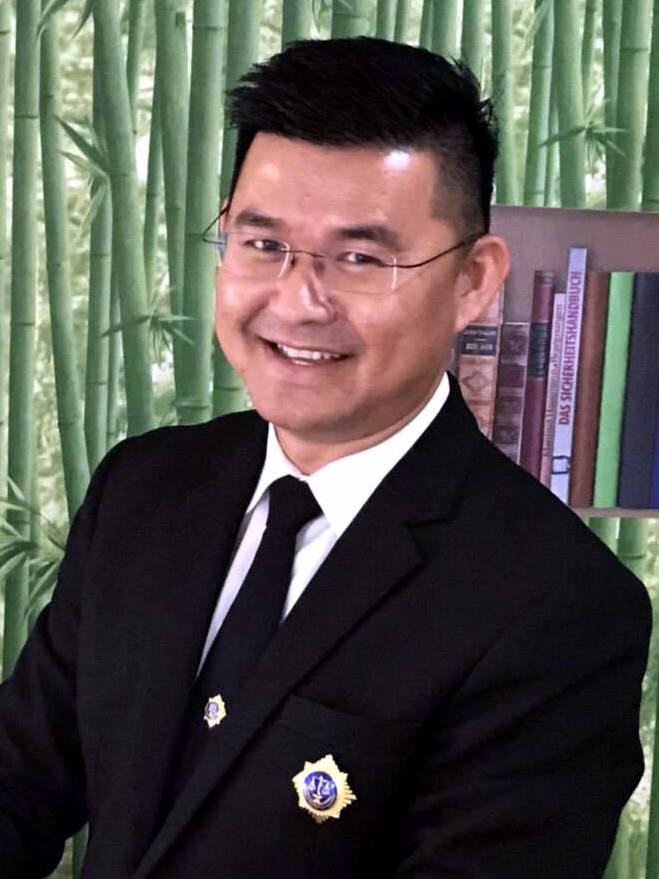
Q: I am married to a Thai, but is a retirement visa different?
Both are non-immigrant visas which require an annual extension of stay at immigration. A retirement visa is available to foreigners over 50 years who can show 800,000 baht in a Thai bank before and after application, or a regular income deposited here or a letter from an embassy certifying income in the home country. The detail varies a little according to which immigration office you report to. Some embassies – including UK, US and Australia – refuse to supply the letter as they say they cannot verify the claim. Another issue with the retirement visa and extension of stay is that you may be asked for annual medical cover. This subject is currently a hot potato on social media.
The marriage alternative obviously applies to a foreigner married to a Thai. Single sex unions are not currently recognized by the way. The foreign income or money in the Thai bank is just 400,000 baht which is what attracts many married foreigners and their spouses. On the other hand, the process of annual renewal is more complicated and more documentation is needed. There needs to be evidence that the marriage is genuine and not a sham with photographs and attestations by neighbors or friends all part of the process. At the moment, foreigners with this visa do not need medical insurance on extension of stay requests at immigration and can easily obtain a work permit if that is relevant.
Q: What does a Thai notary public actually do?
Only qualified Thai lawyers can be a notarial services attorney but they have to pass a separate test and reapply for certification every two years if they wish to perform those duties. All types of personal documents for use in Thailand and abroad can be notarized under oath. At my office, the most common requests are notarizing passports for use in banking, certifying property documents for use overseas, confirmation a document is actually true and certificates of life to prove the applicant is still alive. Domestically, we also deal with powers of attorney, affidavits, legal translations and company resolutions and minutes.
You may have to check that a notary public can actually satisfy the organization which requests your certification. For example, some organizations may require a passport certification to be stamped formally by the relevant embassy rather than by a Thai attorney. A foreign driving licence may need to be authenticated by the embassy or by the government in the home country. The same may be true of foreign certificates of birth, marriage, divorce or death. It is all a matter of reading the instructions required by the organization asking you to seek notarial services. The practice of notary services in this country is regulated by the Lawyers Council of Thailand.
Q: Can a foreigner now buy a house and land in Thailand?
As is well known, foreigners can own outright a condominium unit as long as the 50% quota system is not breached. Land is another matter and foreigners are not allowed to own it except with the express permission of the Thai government. Most mortals can forget about that option. Foreigners usually set up a company, with themselves as minority shareholders, which actually owns the property. Leases are normally up to 30 years. A foreigner can also purchase a property and put it in the name of a Thai spouse or friend. All these are complex matters and usually require specialist legal assistance.
It has recently been mooted, but not for the first time, that very wealthy foreigners might be able in future to buy properties outright and receive a 10 year visa. However, the detail has not been published and there is no imminent plan about to be adopted. A likely scenario is that foreigners who are prepared to buy a new property – maybe 10 million baht up – and can show other investment in Thailand (such as bonds) may qualify for the long stay visa. The new property they buy may need to be purchased directly from the developer and only in certain geographical areas. We will have to wait and see on this one, but the widening of property ownership is almost certain to encompass only wealthy individuals wishing to invest in Thailand.
 |
 |
 |






